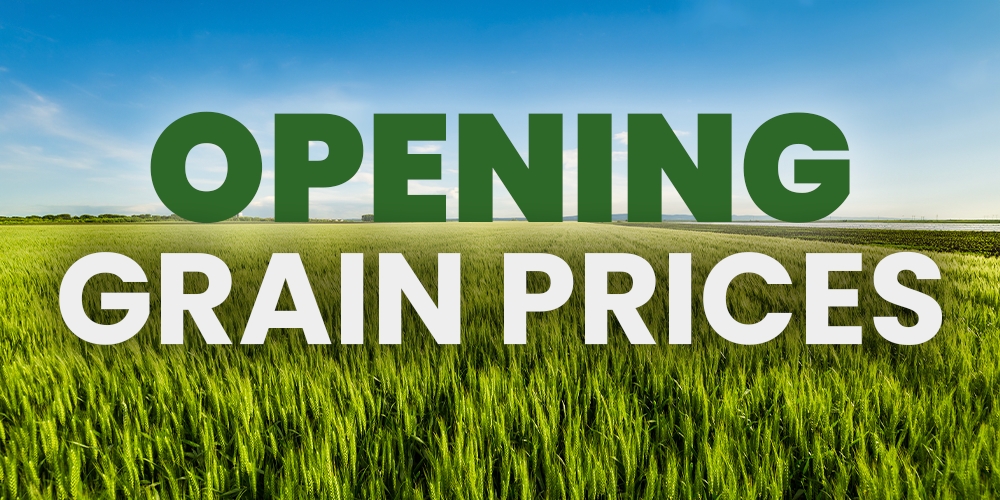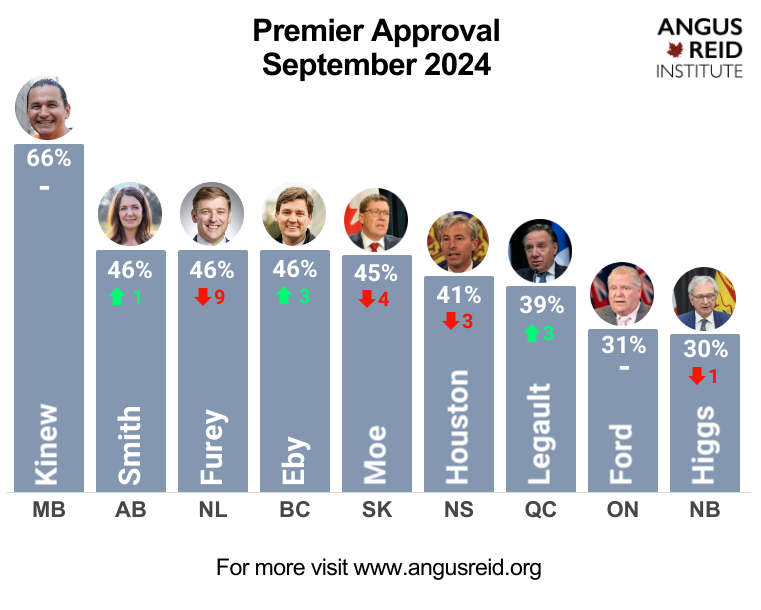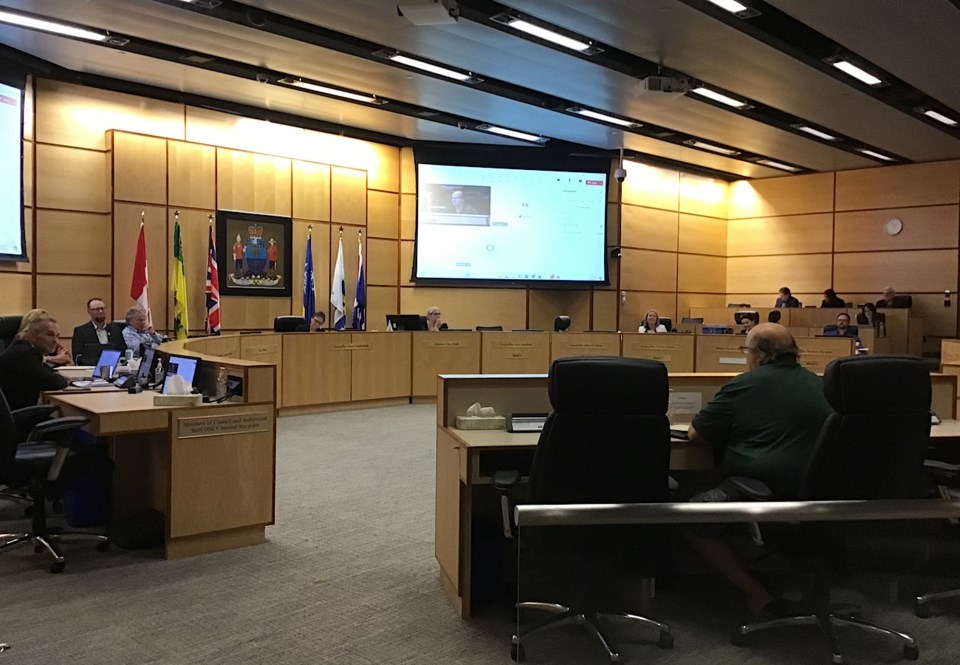Students at the University of Regina have experienced a great deal of stress juggling school work, personal lives and the latest with the COVID-19 pandemic.
That’s why the university has made the decision to provide winter semester students with new options regarding how their grades are reported.
“We know some students are experiencing a higher level of stress and anxiety, along with concern that their marks may be negatively impacted as a result. At the same time, other students want to ensure that the work they put into their courses over the winter semester is appropriately recognized with the numeric grade they have earned,” stated Provost and Vice President Dr. Thomas Chase in a news release.
Students can choose one of the following options for their winter semester grades:
- Complete the course and receive the mark that they have earned. Students will receive a numerical grade as they have been accustomed to doing.
- Complete their course and receive a passing grade and choose to receive a mark of CRC (Credit COVID-19). CRC denotes a passing grade and will be recognized as completion of U of R course requirements but will not affect the student’s grade point average (GPA). The deadline for students to select this option is May 31, 2020.
- Complete the course and request to receive a NCC (No Credit – COVID-19) grade. The NCC will not affect the GPA. Students who do not pass due to failure to complete a final exam or other key component of the course, will not be eligible for NCC. The deadline to choose this option is also May 31, 2020.
- Choose to withdraw from classes and receive a “Grade of W”. The withdrawal deadline is being extended to April 9, 2020, the last day of classes for the Winter semester. Students who choose to withdraw from a class will avoid a negative impact on their GPA.
The U of R added that normal processes related to retroactive withdrawal for medical/compassionate reasons, deferral requests and grade appeals among other reasons continue to be available to students, in cases where their individual circumstances may not be adequately recognized through these new grading approaches.
“These are exceptional circumstances, which call for exceptional accommodations,” said Chase.
“We believe these measures are a pragmatic approach to responding to the majority of concerns that students and others have raised regarding this matter. We thank students and their families for their input and patience as we developed this approach.”








